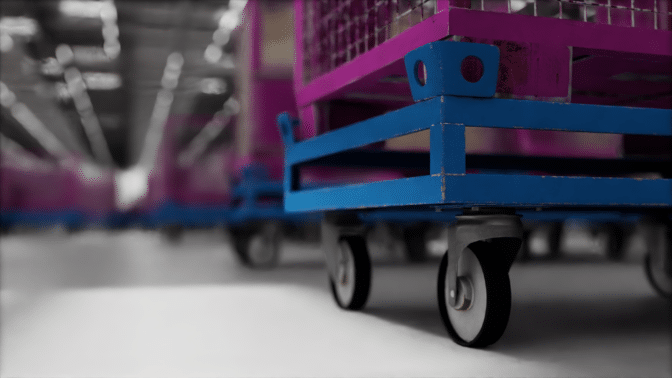Welcome to CO/AI
We slow AI down so you can speed up
Our mission is to make 1,000,000 people AI Literate
Today’s Letter:
Industrial Design and AI(4 min)

The Big Picture
AI is reshaping the contours of design, product innovation, and sustainability
Autodesk's BlankAI Acquisition: Marks a significant move towards AI-driven automotive design, leveraging generative AI to innovate vehicle conception.
Synthetic Data's Role in AI Training: Emily Boehmer's efforts at BMW demonstrate the fusion of art and technology, producing 3D assets to improve AI training.
AI in Product Design and Sustainability: Siemens and Unilever emphasize the importance of comprehensive datasets and IP considerations for AI in enhancing design and sustainability.
Why It Matters:
Empowering Designers and Engineers: AI tools like BlankAI and synthetic data generation offer unprecedented capabilities in exploring design options, accelerating innovation cycles, and enhancing precision in product development.
Addressing Sustainability Through Innovation: The application of AI in finding sustainable materials and improving energy efficiency underscores the technology's potential to contribute to environmental goals.
Data as the Cornerstone of AI Advancements: The stories collectively underscore the significance of robust, accessible datasets for training AI, emphasizing the challenge of navigating intellectual property constraints to unleash AI's full potential in design and engineering.
Thinking Critically:
Beyond the Aesthetics: While Autodesk's BlankAI focuses on the external design of vehicles, the complexity of engineering reliable and safe automobiles requires a deeper integration of AI across various aspects of vehicle development.
The Challenge of Synthetic Data: Boehmer's contribution, while transformative, also highlights the ongoing need for vast, diverse datasets to train AI systems accurately, ensuring they can effectively simulate real-world scenarios.
Data Limitations and IP Concerns: Siemens and Unilever's experiences reflect a broader industry challenge—balancing the need for comprehensive data against the protection of intellectual property.

